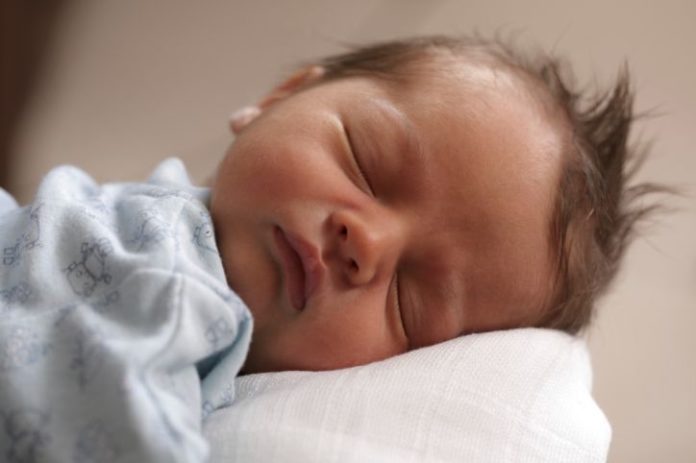Premature birth rates have risen in the last two decades in Australia, and the rates continue to rise. Late preterm babies- babies born between 34 and 36 weeks- account for 70% of all preterm births, which translates to about 16,000 births annually in Australia.
Researchers from Murdoch Childrens Research Institute and the University of Melbourne conducted a review of premature birth data in Australia, and investigated the epidemiology of late preterm births, the obstetric factors and the impact of late preterm births on mortality and morbidity.
Researchers say the precise causes for this trend are unclear; however, possible reasons include increasing maternal age, increased use of artificial reproductive technologies and increased multiple births.
Researchers found an increasing proportion of women are having babies at a later age. The review showed the average age of women who gave birth in Australia has increased by 7.5% since 1991. They found the proportion of older mothers aged 35 and over has increased from 10.6% in 1991 to 17.1% in 2000 and to 22.8% in 2009.
There has been an increase by 1.5-fold of births in 2009 compared with 2005 as a result of ART. The rate of preterm births following ART was higher compared with those who did not receive ART (17.6% compared with 6.8%).
Rates of mortality were also higher in babies born prematurely. Whilst the closer babies are to term, the rate of mortality decreased, rates of mortality in the moderate and late preterm children were still five times higher than that of their term-born counterparts.
The review showed compared to full term babies, premature babies had higher rates of in-hospital morbidity, including need for respiratory support, infection, hypothermia and feeding problems. The prevalence of respiratory distress was around 4.5-fold in late preterm babies compared with term-born babies.
Lead researcher, A/Professor Jeanie Cheong said the review also highlighted that late preterm children had more health and neurodevelopmental morbidity than previously appreciated.
“Compared with term-born children, late preterm children not only have increased mortality and in-hospital morbidity including respiratory difficulties, but also long-term cognitive, school performance, behaviour and psychiatric problems.”
Researchers said the potential public health and educational burden of late preterm birth is considerable.
“Given that late preterm children may respond better to early intervention compared with very preterm children, more research into this area is needed as it has the potential to have a large impact on the outcomes of this very substantial group of children.”
Murdoch Childrens researchers are also involved in a study looking at developmental outcomes of a cohort of late preterm children, which is the first Australian study to prospectively explore outcomes of late preterm children.



 (5 votes, average: 4.00 out of 5)
(5 votes, average: 4.00 out of 5) 






